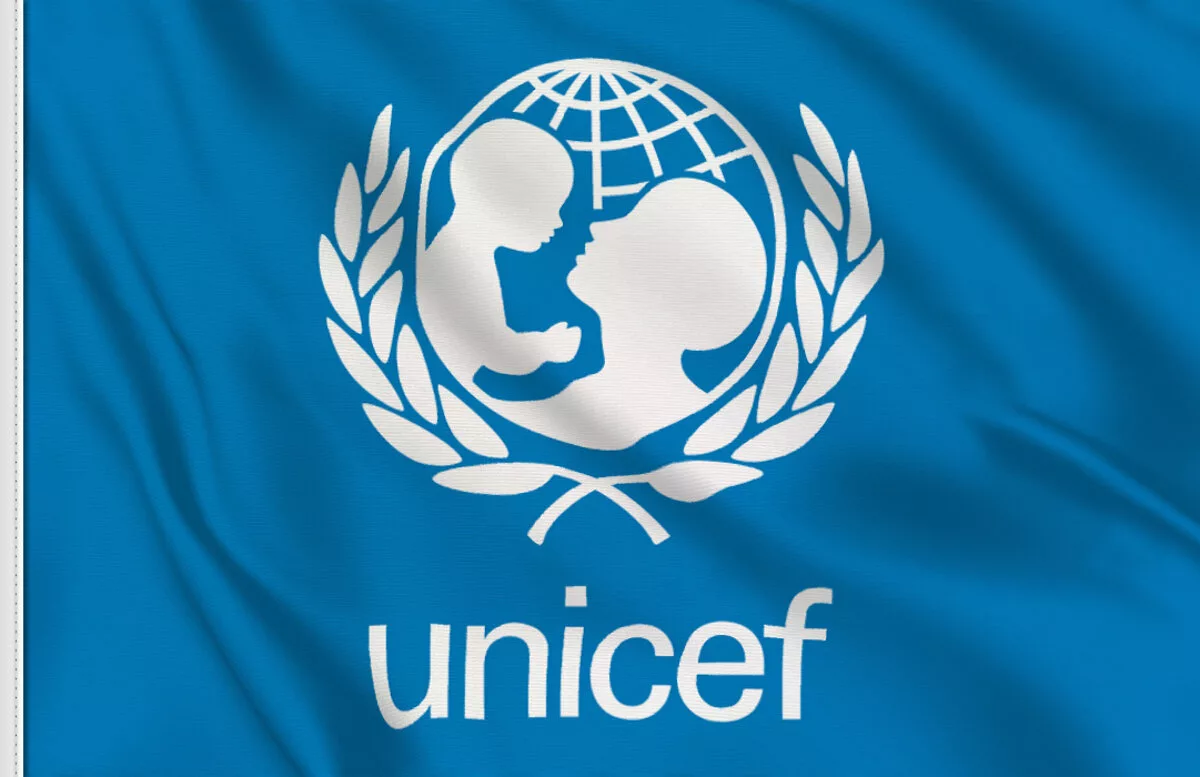The United Nations Children’s Fund (UNICEF) in collaboration with the Child Rights Information Bureau (CRIB), of the Federal Ministry of Information and National Orientation, has trained journalists on ethical journalism and child rights reporting to avoid putting the lives of children in danger.
The country representative of UNICEF, Wafaa Saeed, explained that the training is designed to help reflect on ethical obligations of journalists, explore best practices for reporting on children’s issues, and strengthen the understanding of child rights as enshrined in national laws and international conventions.
Represented by the UNICEF Chief Field Officer, Port Harcourt Anslem Audu, the country representative said through open discussion, case studies, and shared experiences, the organisation is looking forward to build a media culture that protects children’s identities, amplifies their voices responsibly, and upholds the highest ethical standards.
“The media has the power to amplify the voices of children, highlight their struggles, and bring attention to issues that affect their well-being.
“However, with this power comes great responsibility. Writing stories of Children who are victims of circumstances in a way that exposes their identities and locations can have a lasting negative impact on their lives,”she said.
In a paper titled ‘Guidelines On Ethical Reporting On Children,’ a communication, advocacy and development consultant; Dr Geoffrey Njoku, urged Media practitioners to ethically report issues affecting children by providing accurate, balanced, and fair context or images, taking into cognisance the Nigeria Child Rights Protection Act 2003.
Njoku also warned against categorical or descriptive reporting that exposes a child to negative reprisals including additional physical or Psychological harm or life-long abuse, discrimination or rejection by their local communities.”
In another presentation titled ‘Ethical Reporting on Children, the director, special programmes, Nigerian Institute of Journalism, Lagos, Jide Johnson advanced four baskets of rights that underscore reporting children’s rights as “survival, development, participation and protection rights.”
“Children have every right to be protected in whatever circumstances by the media who also have the power to investigate and know why schools no longer have recreational activities in place which in most cases were the source of encouragement of children’s interest in learning,” he said.





